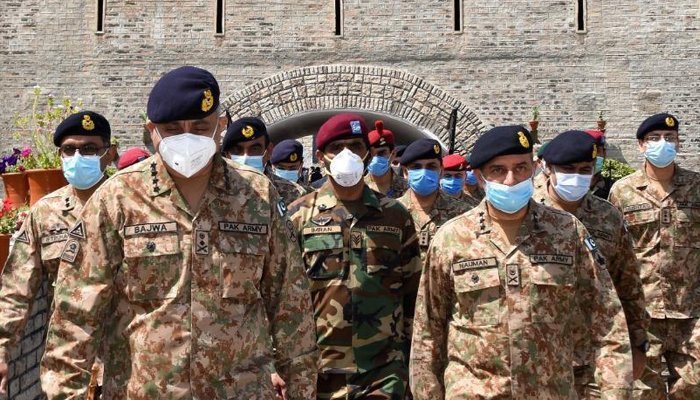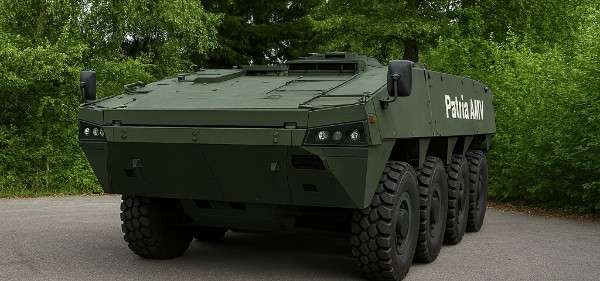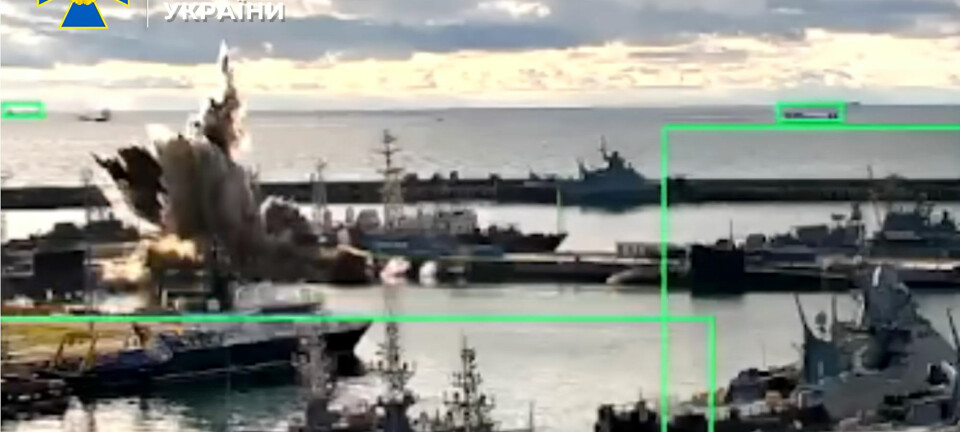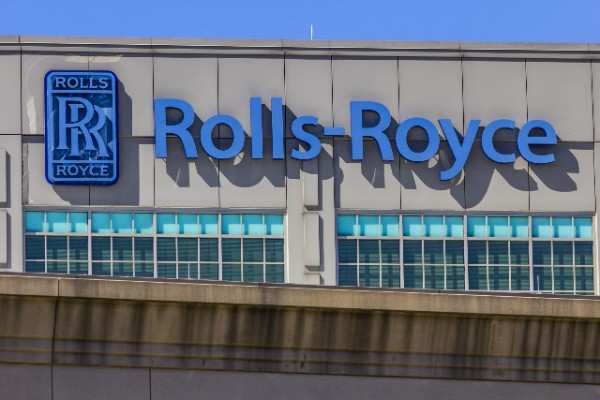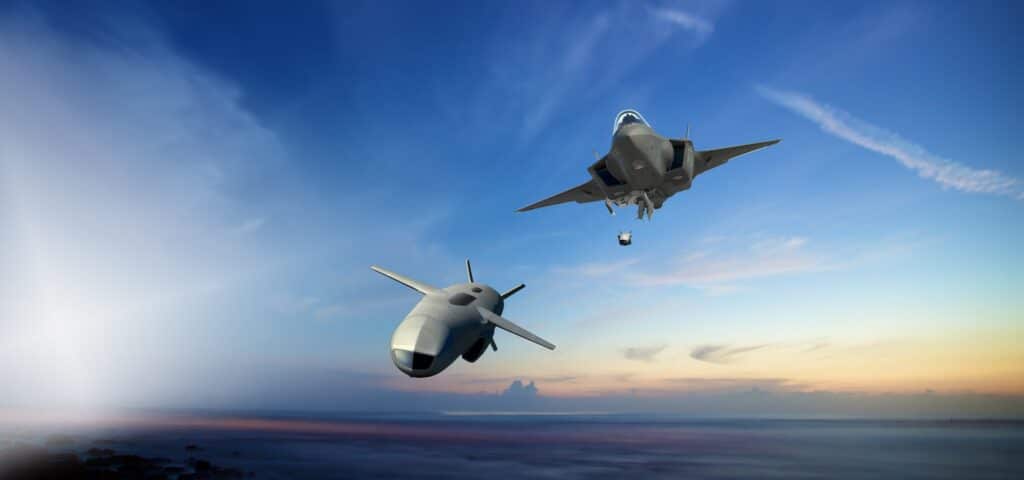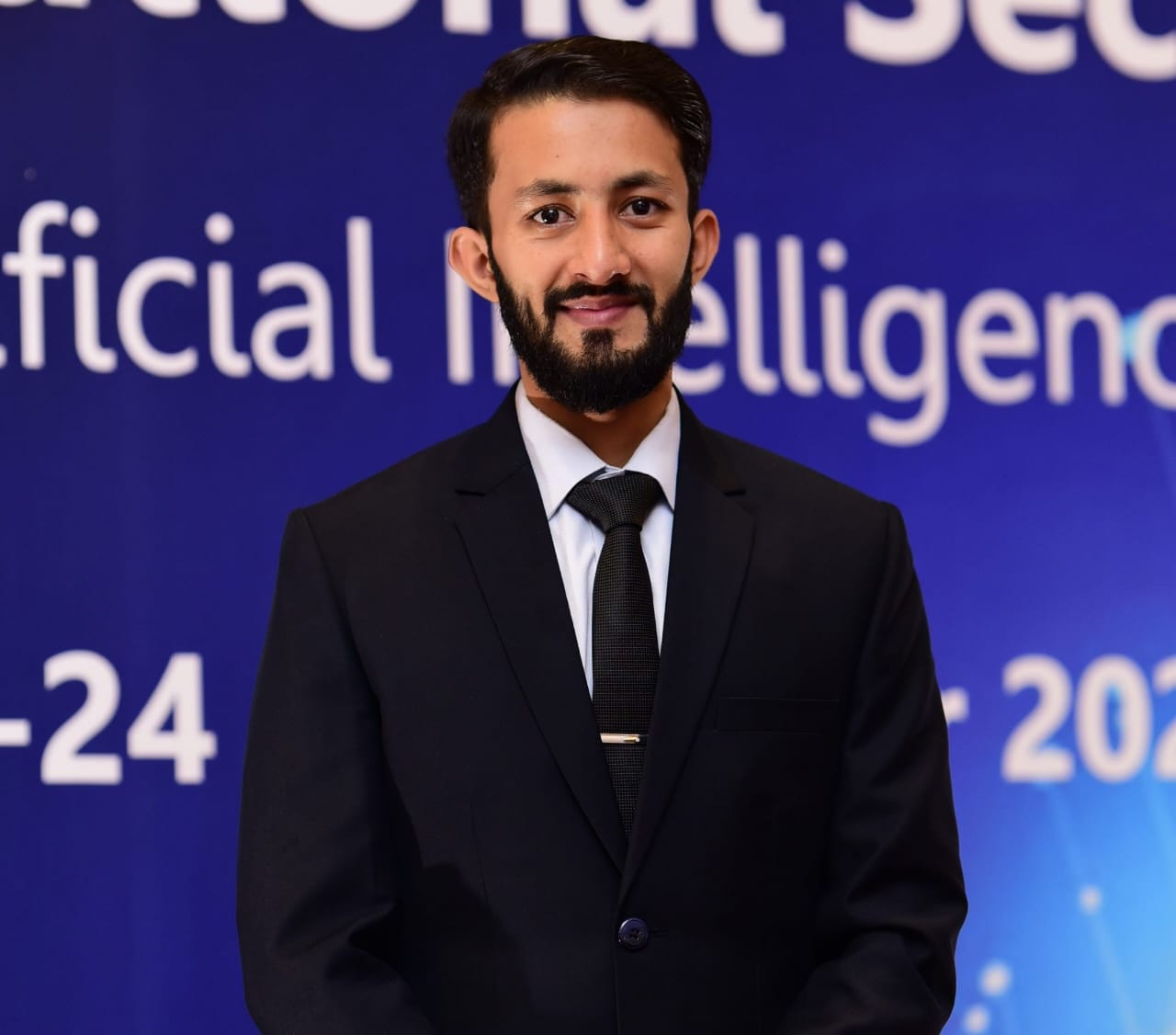Pandemics swiftly alter history, institutions, and customs. The continuing coronavirus pandemics throughout the world have demonstrated how institutions’ traditional role is shifting. As soon as the virus spread across countries, the country’s primary institutions reshaped themselves in new roles and secondary responsibilities. Similarly, Armed forces throughout the globe have devised new methods and missions in the face of a worldwide epidemic.
The fundamental mission of the armed forces is to defend the country, even if it means going to full-scale war. This has altered in recent years, as the globe faces a difficult struggle in combating COVID-19. This virus has infected every country, with over 272 million cases documented and more to come as the world is facing a new Covid variant “Omicron.” Many countries asked their militaries to help fight a new type of war: the war against the COVID-19 epidemic. From dictatorship to strong democracies, all enlisted armed forces to assist in this universal emergency. Although it seems an obvious measure, the military contribution in this global pandemic is worth evaluating
Militaries helping their Governments
Military institutions have the primary responsibility of ensuring adequate security with respect to border control, protection of resources, ensuring law and order as a preventive measure in recent situations. As non-traditional security threats sometimes change the geopolitical realities and bring forth the plethora of traditional threats. Militaries always have this responsibility to make sure no foreign element takes advantage of the situation.
However, Militaries across the world adapted to new realities as well. They have adjusted to carry out secondary roles by reaching out to their citizens to reinforce national efforts to contain the spread of novel coronavirus. The active role of militaries defines their key capabilities useful during any crisis. At their most fundamental level, armed forces have a significant number of disciplined manpower with a vast array of skills such as crisis planning, deployment at short notice, etc.
Read More: Pak Afghan Relations and Future Challenges
Militaries have their key assets in hand which can be helpful like field hospitals, air ambulances, etc. Their highly trained and experienced medical staff can be easily made available for assistance. The most significant task which any armed force can efficiently perform is logistic support. The transport of necessary equipment like ventilators to the hospitals. The military communication setup can help set command and control centers for the smooth flow of information among various institutions. Finally, armed forces can help civilian institutions to maintain law and order in the country.
Role of Pakistan Armed Forces
Like every developing and developed country, Pakistan too has called upon armed forces to assist civilian administration facing the daunting challenge of coronavirus.
Along with the smart lockdown policy of the government, armed forces and other paramilitary forces were on the ground to assist the civil administration in restricting the movement of the masses. The military troops were ordered in all provinces of the country to ensure public health security.
Besides this, the military hospitals also provided the necessary medical facilities, and the men in uniform assisted the civil administration in the distribution of ration, maintaining law and order, etc.
In the meantime, the National Command and Control Centre (NCOC)has been established to coordinate all activities related to Covid-19. The NCOC is filling in as a core for one window operation to synergize and articulate national efforts against COVID-19. Federal Minister Asad Umer was appointed as Chairperson and Commander Army Air Defense Command Lieutenant General Hamooduz Zaman Khan was assigned responsibilities of Chief coordinator.
Read More: The Dominance of NATO Fighters in the Middle East
NCOC has worked effectively under civil-military leadership to ensure smooth functioning. It has worked with all provinces along with Northern areas and the AJ&K government to ensure the safety and security of civilians in the Pandemic. It has derived successful vaccination campaign across the country with 137 MN doses administered so far.
Likewise, amid COVID-19 another non-traditional threat loomed over. The locust attacks on crops across the country created new insecurity. This food security threat was more intimidating for a country like Pakistan which is mostly dependent on agriculture. The military once again had been helpful as helicopters were used for aerial spray.
Moreover, Pakistan Navy set up its response to help the backward area of the country. It has reached out to residents of coastal areas, particularly in Sindh and Baluchistan province. Naval teams distributed food, cash amount, medical safety items like masks, sanitizers, and gloves. In addition to this, naval medical camps were being set up in far-flung areas to help civilians in necessary treatment and awareness about preventive measures against COVID-19.
In all such measures, the proactive role of PAF is commendable. It has remained on the front foot before the virus stepped into the country. Its C-130s provided 17 tonnes of food and other necessary supplies to stranded Pakistani students in virus epicenter Wuhan, China. The same aircraft returned with medical aid from China. PAF IL-78 jets brought massive assistance from friendly country China. Furthermore, at the request of PIA’s CEO, PAF provided also a C-130 transport plane to carry PIA pilots who volunteered to fly sorties bringing back stranded Pakistanis from abroad.
Similarly, on the instructions of the Government of Pakistan, PAF Plane carried out relief missions carrying Zaireen to their home Gilgit-Baltistan. The PAF’s Air Transport fleet remained active in carrying out relief efforts in the wake of the COVID-19 pandemic. Its jets brought vaccine doses from China which helped the government to start a vaccination program in the country.
It is admirable how armed forces have ascended help to civil administration. With such practical work, the Pandemic has provided a chance to look into the future and prepare for more non-traditional security threats. Meanwhile, with the active role of armed forces in pandemic, it is also a sign of strength and military preparedness to counter such non-traditional threats. Armed forces must learn from this pandemic in order to prepare for other such threats.
Table of Contents
ToggleSyed Ali Abbas
Syed Ali Abbas is Research Officer & Comm Officer at the Center for International Strategic Studies (CISS) Islamabad.


